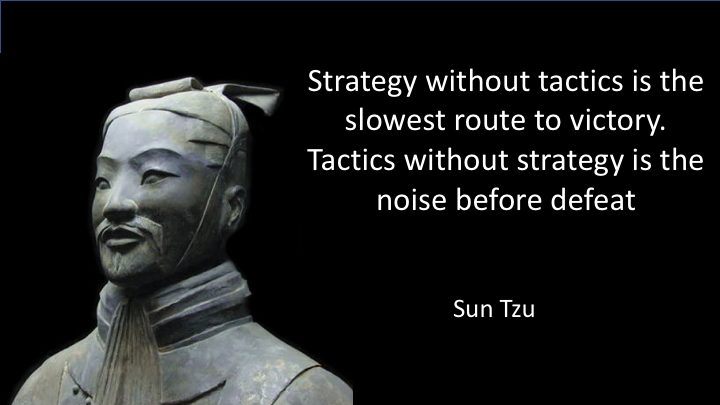I like the definition of a game as a series of interesting decisions, and would say that "tactical combat" is applying this to the combat scale. In some cases, the interesting decision might just be: Do we fight or not? - in a game with tactical combat, the stuff during the combat also has a lot of interesting decisions.
But what's an interesting decision? I think an interesting decision is when your decision has meaningful outcomes. For example, if a sword and an axe deal the same damage and have the same hit chances and what not, it's not really meaningful during combat which you chose (saying you're a Axe Fighter might be a meaningful decision for the character overall, but not specific to the combat - you fight the same as the Sword Fighter, so it's not a tactical choice. It might be strategic because you know in the Dwarven lands you're living through there are more axe makers, or just stylyistic, because axes/swords are of course coloer than swords/axes).
But maybe there is a difference - with the axe, you can swing around and cut multiple enemies, but with the sword, you can cut a single target multiple times -what is the best for the current situation? Maybe there is a single nasty enemy that needs to be finished off, so you take the sword, but maybe you're wading through a group of goblins, and you take the axe. But maybe both are on the field - so which one is now the best?
Maybe you can get the ability to trip some enemy over with every succesful attack. This isn't very tactical yet, because there doesn't seem to be a reason why you shouldn't do it all the time. But maybe you have also the ability to instead disarm the target- now it becomes more of an interesting decision to make - what is more important right now, what are the consequences in the short and the long run. Or what if you can only reliably do it once - when is the best time to do so?
I think it might not be strictly neccessary, but it can help if your series of interesting decisions is linked. Say, one of the players decides that they really want to take out that single nasty enemy, so they use an ability that makes that enemy easier to hit or take more damage. So the one in the middle of the goblins has to consider whether he wants to miss that buff and rather take care of those next to them trusting the buff will make the other team mates achieve the objective, or help the objective set out by his team mate directly even if it means the goblins will have another go at him.




